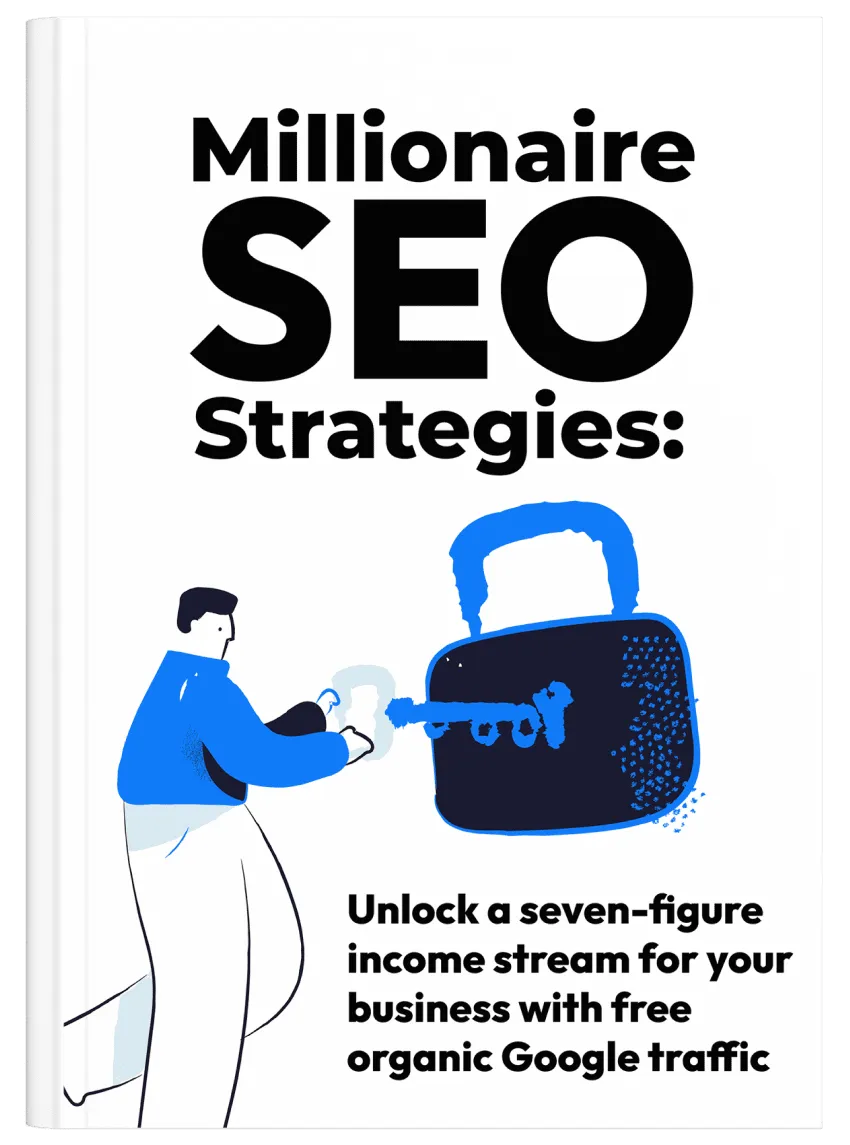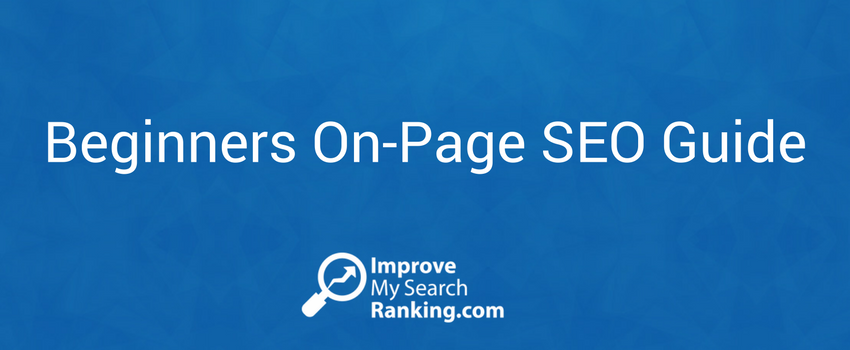
Metadata Best Practices
SEO professionals and most online business owners know what meta tags are. However, not everybody realizes the important role meta tags play in search engine optimization.
As more exciting and latest search engine ranking factors became popular in the last few years, meta tags have lost their importance a little bit. SEO factors, such as engagement rate, the loading speed of a website, mobile responsiveness, etc. have stolen the limelight away from meta tags.
However, they remain an integral and basic part of web pages and, therefore, should not be ignored.
In this blog post, we highlight a few do’s and don’ts of meta tags that would ensure that you are doing the basics right.
1. Create unique meta titles and meta descriptions for each web page
Although it seems a bit obvious, it is important to remember that meta tags must be unique. Creating duplicate title tags and meta descriptions are not going to do you any favors.
Unique meta descriptions are not only preferred by search engines, but they will also give you an opportunity to explain your web page in a better way.
This is especially important for e-commerce websites and online stores that have plenty of similar-looking products. It’s crucial for them to have unique title tags and meta descriptions for each web page and accurately define the product and the information the page may contain.
2. Strategically place important keywords in meta tags
While meta tags inform users what a web page is about, they also need to have relevant keywords.
Strategically placing keywords in the title tag and meta description may give you a couple of advantages during search engine optimization. First, search engine crawlers may give more importance to keywords found in the title tag and meta description.
Second, keywords that the online users search for also get highlighted in the meta tags by Google. This catches the attention of online users and encourages them to click a web page.
3. Do not exceed the character limit
Both the title tag and the meta description have character limits. The tip is to say all you want to say without breaching that limit.
Generally, the title tag should not contain more than 55-60 characters. If a title tag exceeds the limit, search engines will cut the rest of it. Ideally, to be on the safe side, put the most important information in the first 50 characters.
For meta descriptions, the limit is approximately 155 to 165 characters. It should briefly describe what the web page is about and give online users a reason why they should click the link.
There are so many results in the search engine results pages (SERPs) that are competing with each other for the online user’s attention. Try to treat your meta description as an ad for your web page. This is your chance to convince the searchers that your web page is what they are looking for.
Use this free tool to preview how your Google SERP snippet would look like.
4. Make it interesting and engaging
How do you convince them?
By making it interesting and engaging. Here are a few tips for doing that:
- Mention your competitive advantage.
- Use the keywords that they are most likely be searching for.
- Use action verbs.
- Write your meta description in active sentences.
- Make sure that the meta description is grammatically correct.
- Make sure it is easy-to-read and easy-to-understand.
- Put the most important information earlier in the meta description so as to catch the user’s attention as soon as possible.
- If your brand is recognizable, you can place its name in the title tag or the meta description.
- See if you can use verifiable data and stats to increase the credibility of your content.
5. Do not forget a powerful call-to-action
In the end, the purpose of a title tag and, especially, the meta description is to convince people to click on them and to drive traffic to the website.
This is why you need a powerful call-to-action to close the deal.
Use words and phrases such as ‘Find out more’, ‘Shop for [your products], ‘Buy now’, ‘Read here’, etc. may increase the click-through rate.
Conclusion
The organic click-through rate (CTR) is fast becoming another search engine factor. You can only increase it by improving the quality of your web page’s title tag and meta description.
The aforementioned do’s and don’ts will help you craft better meta tags.








